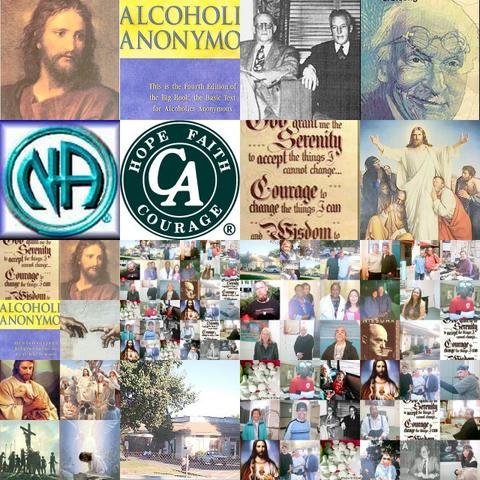http://casa-12steps.blogspot.com/2009/02/basic-definitions-of-disorders-related.html
Addiction is a chronic, often relapsing brain disease that causes compulsive drug seeking and use despite harmful consequences to the individual that is addicted and to those around them. Drug addiction is a brain disease because the abuse of drugs leads to changes in the structure and function of the brain. Although it is true that for most people the initial decision to take drugs is voluntary, over time the changes in the brain caused by repeated drug abuse can affect a person's self control and ability to make sound decisions, and at the same time send intense impulses to take drugs.
It is because of these changes in the brain that it is so challenging for a person who is addicted to stop abusing drugs. Fortunately, there are treatments that help people to counteract addiction's powerful disruptive effects and regain control. Research shows that combining addiction treatment medications, if available, with behavioral therapy is the best way to ensure success for most patients. Treatment approaches that are tailored to each patient's drug abuse patterns and any co-occurring medical, psychiatric, and social problems can lead to sustained recovery and a life without drug abuse.
Link:
http://www.medicinenet.com/drug_abuse/article.htm
OCD (Obsessive Compulsive Disorder) is an anxiety disorder that is characterized by the sufferer experiencing repeated obsessions and/or compulsions that interfere with the person's ability to function socially, occupationally, or educationally, either as a result of the amount of time that is consumed by the symptoms or the marked fear or other distress suffered by the person.
An obsession is defined as a thought, impulse, or image that either recurs or persists and causes severe anxiety. These thoughts are irresistible to the OCD sufferer despite the person's realizing that these thoughts are irrational. Examples of obsessions include worries about germs/cleanliness or about safety or order. A compulsion is a ritual/behavior that the individual with OCD engages in repeatedly, either because of their obsessions or according to a rigid set of rules.
Link:
http://www.medicinenet.com/obsessive_compulsive_disorder_ocd/article.htm
ADHD (Attention Deficit Hyperactivity Disorder) refers to a chronic disorder that initially manifests in childhood and is characterized by hyperactivity, impulsivity, and/or inattention. Not all of those affected by ADHD manifest all three behavioral categories. These symptoms can lead to difficulty in academic, emotional, and social functioning. The diagnosis is established by satisfying specific criteria and may be associated with other neurological, significant behavioral, and/or developmental/learning disabilities. Therapy may consider the use of medication, behavioral therapy, and adjustments in day-to-day lifestyle activities.
Link: http://www.medicinenet.com/attention_deficit_hyperactivity_disorder_adhd/article.htm
BPD (Bi-Polar Disorder), also known as manic-depressive illness, is a brain disorder that causes unusual shifts in a person's mood, energy, and ability to function. Different from the normal ups and downs that everyone goes through, the symptoms of bipolar disorder are severe. They can result in damaged relationships, poor job or school performance, and even suicide. But there is good news: bipolar disorder can be treated, and people with this illness can lead full and productive lives.
Link:
http://www.medicinenet.com/bipolar_disorder/article.htm
<>+<>+<>+<>+<>+<>+<>+<>+<>+<>+<>+<>
http://casa-12steps.blogspot.com/
http://groups.yahoo.com/group/CASA-12-Steps-Program/
<>+<>+<>+<>+<>+<>+<>+<>+<>+<>+<>+<>

No comments:
Post a Comment
Please give feedback with respect!